Research and Policy Media Relations Manager
Gavin draws on more than 25 years of experience in communicating about science, medicine and health policy. She focuses mainly on the health services research done by members of the U-M Institute for Healthcare Policy and Innovation, who work to understand and improve the safety, quality, equity and affordability of health care. As part of the Michigan Medicine communication team, she has lead responsibility for primary care and mental health topics. Contact: [email protected]; Twitter: @Karag


Health Lab
Findings from Michigan enrollees may help other states understand the potential impact of Medicaid expansion and work requirements on health and employment.

Health Lab
By studying hundreds of brain scans, U-M researchers identify abnormalities common to people who suffer from obsessive-compulsive disorder.
News Release
The crisp early-winter air. The streets bustling with students and pre-holiday shoppers. The sounds of Strauss in a renowned concert hall.
News Release
Nearly 28,000 American children and teens have died because of firearms in the past decade – second only to the 44,800 who died in motor vehicle collisions.

Health Lab
New childfirearmsafety.org site offers free access to data, designed to accelerate prevention
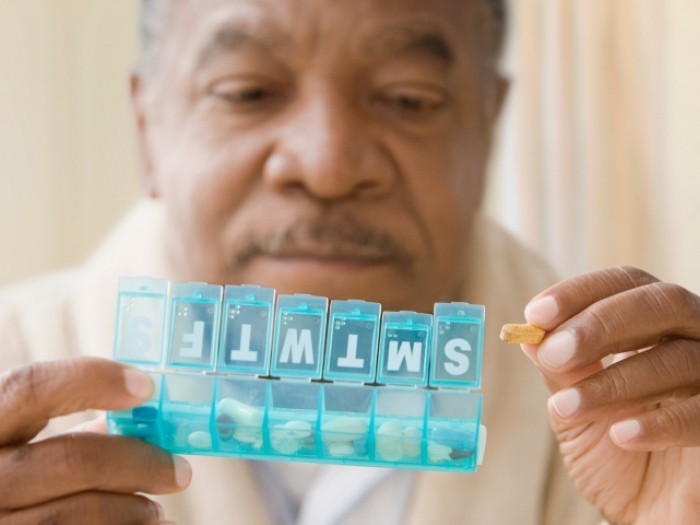
Health Lab
First large study of surgical opioid prescribing and patient usage shows the potential for reduced amounts and the importance of safe disposal of unused pills
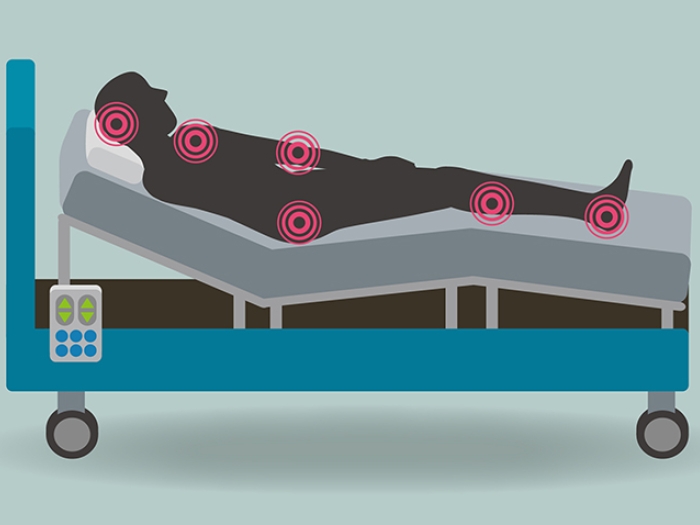
Health Lab
The management of hospital-acquired pressure ulcers varies greatly, according to a new study. Researchers offer three key takeaways.

Health Lab
With voters in several states asked to decide about recreational and medical marijuana, a quick look at the state of knowledge about the drug and its derivatives

Health Lab
Urine leakage can get in the way of life and exercise; results point to potential importance of routine screening
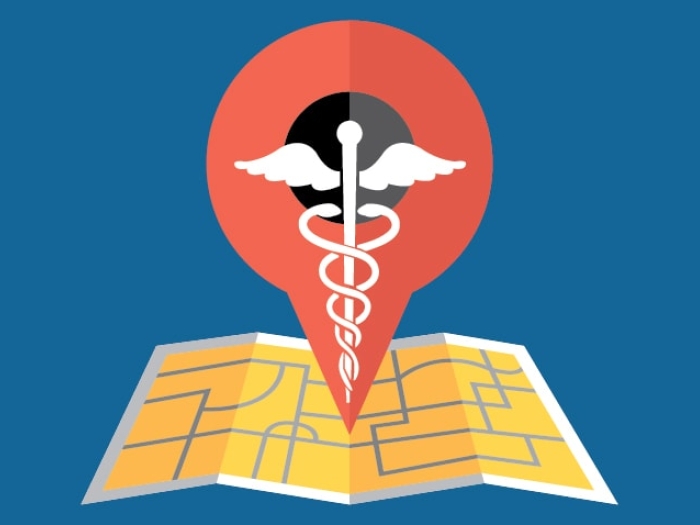
Health Lab
Whether you buy healthcare thru your employer or the ACA marketplace, here are 7 things to know before the 2018 health insurance open enrollment period starts.
News Release
They’re hiding in the backs of medicine cabinets across Michigan: drugs that no one needs, and that could pose a risk to children, teens, adults and the environment.
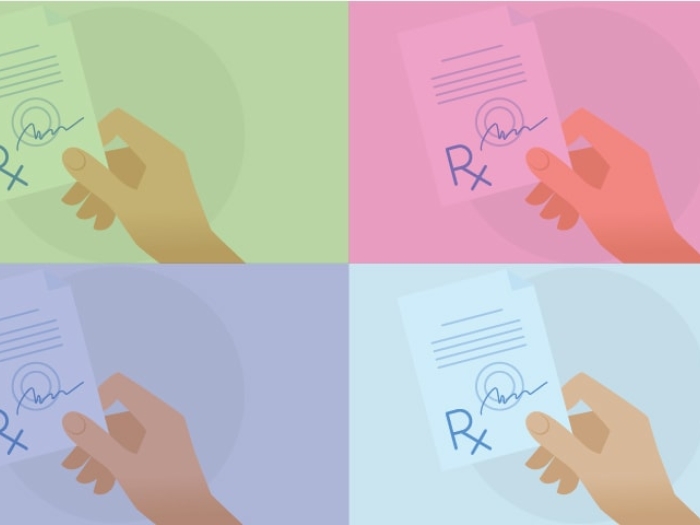
Health Lab
Benzodiazepine prescribing is most intense in the South and in economically disadvantaged counties. It’s also a more common among older male primary care physicians.

Health Lab
A review of data from millions of U.S. births finds higher rates of dangerous delivery-related conditions in new mothers of color and those with certain underlying health conditions.
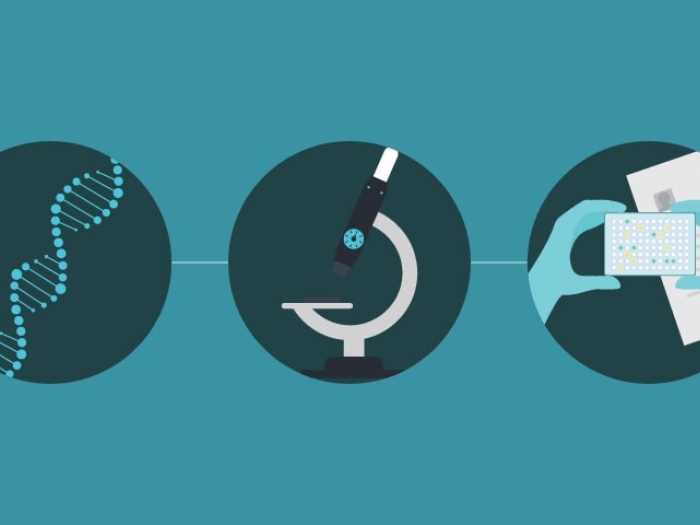
Health Lab
More than 1 in 10 people ages 50 to 64 have had genetic tests ordered by a doctor or ordered them directly, a new survey finds. Others say they’re interested, but many have concerns.
Health Lab
Two tiny groups of brain cells, right next to each other, play a key role in driving feeding – and stopping. The brain’s own opioid system also gets involved